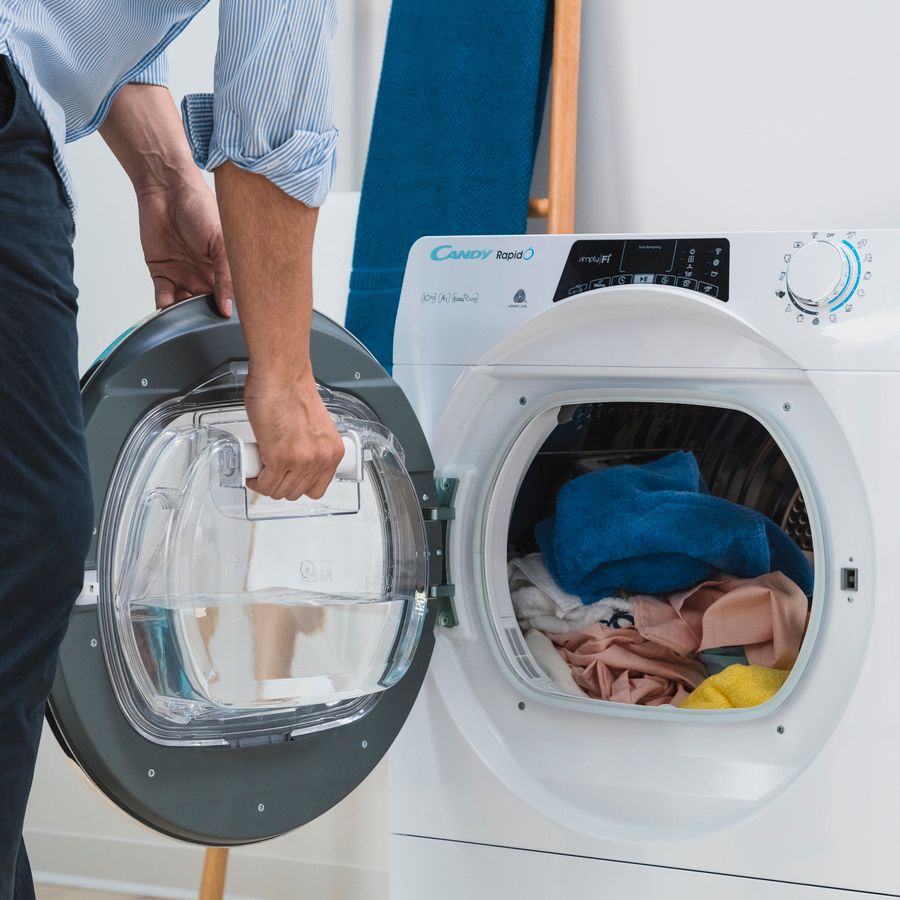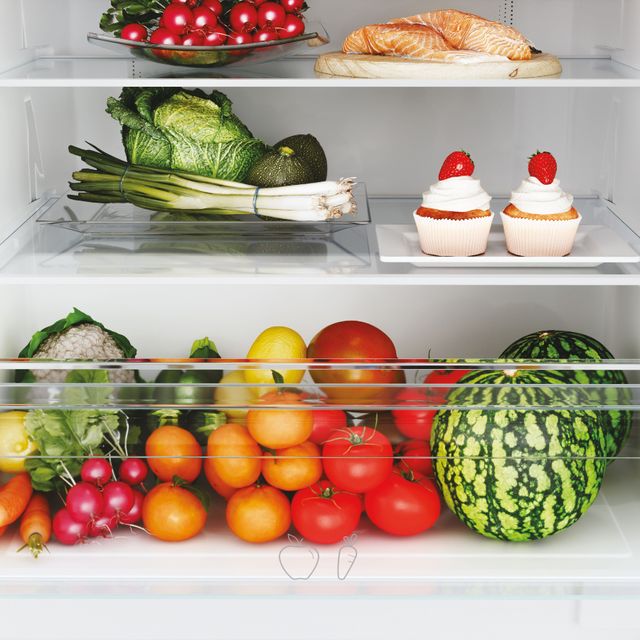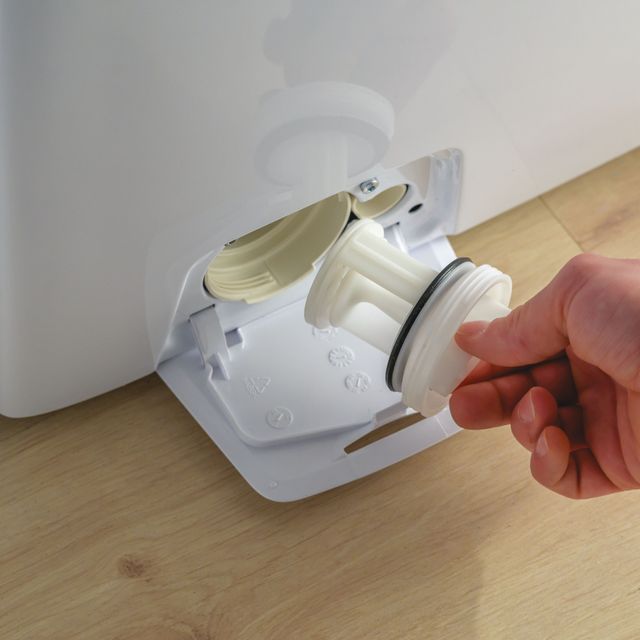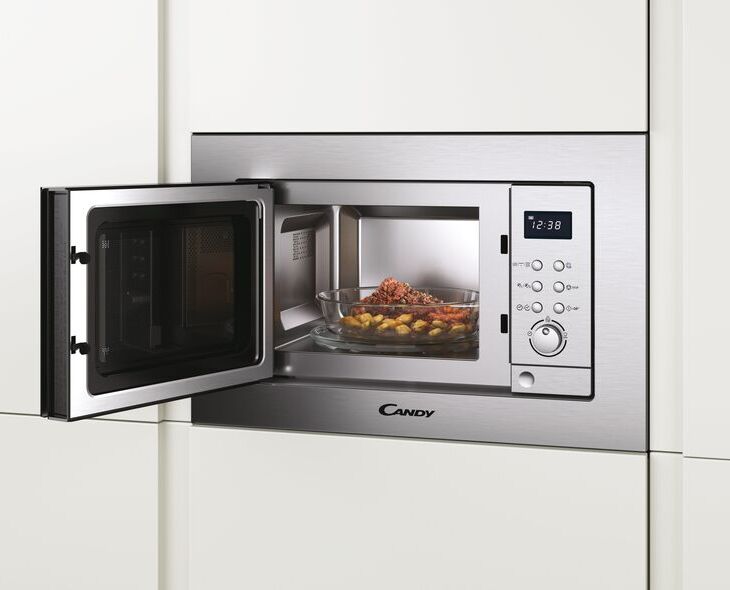Washing machines are one of the most integral appliances you’ll find in your home. The convenience of not having to hand wash your clothes, combined with the speed and effectiveness of the process, make it well worth your time to take care of your machine – so you can get a good few years of time and effort savings.
That’s why it’s important to have a working knowledge of how much you can fill your washing machine before it causes problems – so that you know how much is too much and what the consequences can be.
And that’s what this blog is all about. We’ll answer your questions about what happens if you overload your machine and the potential risks it can involve.
What does overloading do to a washing machine?
It can be tempting to put as much laundry into your washing machine as possible – especially if you’re a busy professional or if you’ve got a family with a constant need for clean clothes for everyone.
But going over the weight limit of your machine can cause an array of problems, not just for your washing, but also for the appliance itself. Here are a few of those issues:
Your washing won’t get washed
No matter how much washing you put in the drum, your washing machine will only ever use the same amount of water. The more laundry you put in, the more spread out the water becomes across all of your clothes – which means less actual washing being done, and your laundry coming out nowhere near as clean as you need it to be.
The water won’t drain properly
Washing machines need to drain the water from the drum in order to ensure the washing doesn’t spend more time in dirty water than it needs to. When you overload your washing machine, it makes it harder for the water to drain because it has to go through so many clothes – and that can also make it tougher for the clothes to dry.
The motor of your machine might get damaged
If you go over the weight limit of your washing machine on a regular basis, you’ll be putting significant strain on the motor of your washing machine – this is the part that keeps the drum spinning. Running the motor down can be very costly in the long run, because it’s an integral component that you’ll need to replace.
The tub bearings of the drum might get worn down
The tub bearings are the part of a washing machine that allow the free movement of the drum. They ensure the appliance doesn’t damage itself with too much drum movement and so they play a very important role. By overloading your washing machine, you can put pressure on these bearings which, if they come loose, can cause serious damage.
How do I know if I’ve overloaded my washing machine?
The best way to know if you’ve overloaded your washing machine is to check the weight limit – every machine will have a weight limit which tells you how much clothes you can put in.
There’s also the one hand rule – if you can fit your hand into the washing machine along with your laundry, you’ll be okay. If you can’t, it’s time to take some clothes out.
On the lookout for a new washing machine? We can help!
Discover a complete range of cost-effective appliances in our catalogue – with a set of different drum sizes so you never have to worry about overloading your machine. From 7kg right up to 11kg, you’ll find what you’re looking for.





